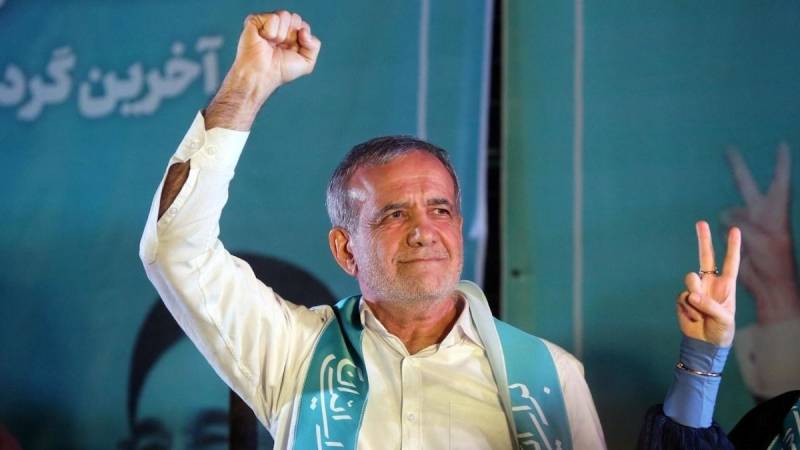
On July 5, the runoff in Iran’s presidential election led to victory for 69-year old former heart surgeon Masoud Pezeshkian. Pezeshkian received 53.7% of the vote, with a tally of 16.3 million votes, to Saeed Jalili’s 13.5 million.
Often described as a second-tier candidate who had little chance of securing the presidency, Pezeshkian is a centrist and is described by the Western press as a “reformist.” It must be noted that in the Iranian context, “reformist” refers to a faction of the Islamic Republic’s ruling elite. The reformists are also Islamists, but believe in a more moderate version of the theocratic regime’s ruling ideology.
As a reformist, Pezeshkian does not seek to completely reset the Islamic Republic’s governance system, but his victory does signal a desire for change against a hardline conservative regime that has seemed comfortable with resorting to violence to cement its control.
Who is Masoud Pezeshkian?
Masoud Pezeshkian was born in 1954 to an Azeri father and a Kurdish mother in Mahabad, a city with large Azeri and Kurdish populations. Pezeshkian served as a combat physician in the Iran-Iraq war in the 1980s, and managed the deployment of medical teams to the frontlines of the war. He tragically lost his wife and one of his children in a car accident in 1994. He has since raised his surviving children, two sons and a daughter, alone and has not remarried.
Pezeshkian entered politics in 2006, serving as an MP for Tabriz and later served as health minister during Mohammad Khatami’s second term as president from 2001 to 2005. His popularity is owed in part to the perceived strength of his character and personal integrity.
How did Pezeshkian manage to win the election?
This year’s presidential election, triggered by the death of Ebrahim Raisi in a helicopter crash in May, was marked by a historically low turnout in the first round on June 28.
Pezeshkian’s victory is due to his popularity with the urban middle class and youth voters, many of whom have been disillusioned with the Iranian regime following brutal crackdowns and repression.
What change can Pezeshkian usher in?
Iran has a complex, multi-layered governance system, but ultimate authority resides with the Supreme Leader. Nonetheless, Pezeshkian will be able to bring about a thawing of relations with states other than Russia, and will likely attempt to restart negotiations over the scrapped 2015 nuclear deal. The extent of the progress he is able to make will be limited by the authority
While the prospects for social liberalization remain remote, the extent of the enforcement of Iran’s strict social codes might yet change. During the 2022 protests over the death of Mahsa Amini, Pezeshkian wrote that “it was unacceptable in the Islamic Republic to arrest a girl for her hijab and then hand over her dead body to her family.”
